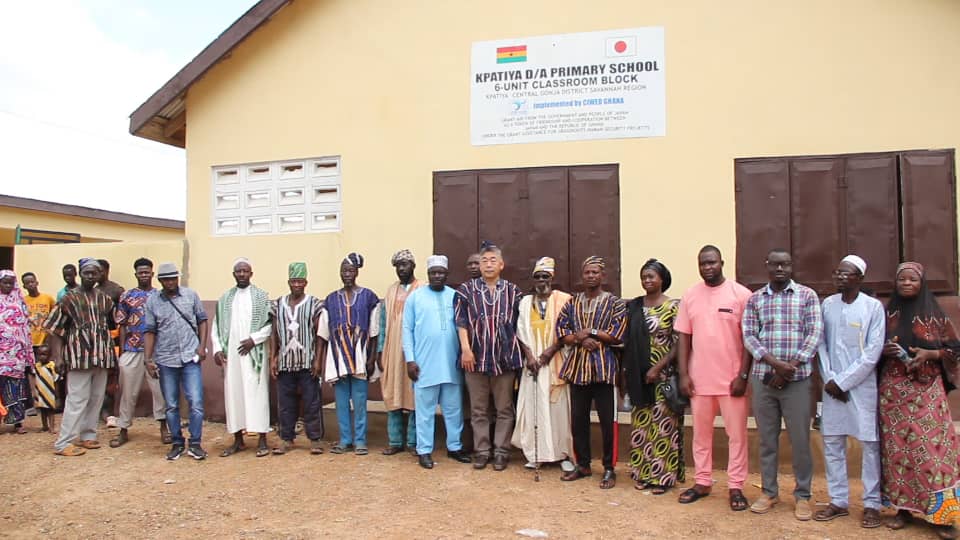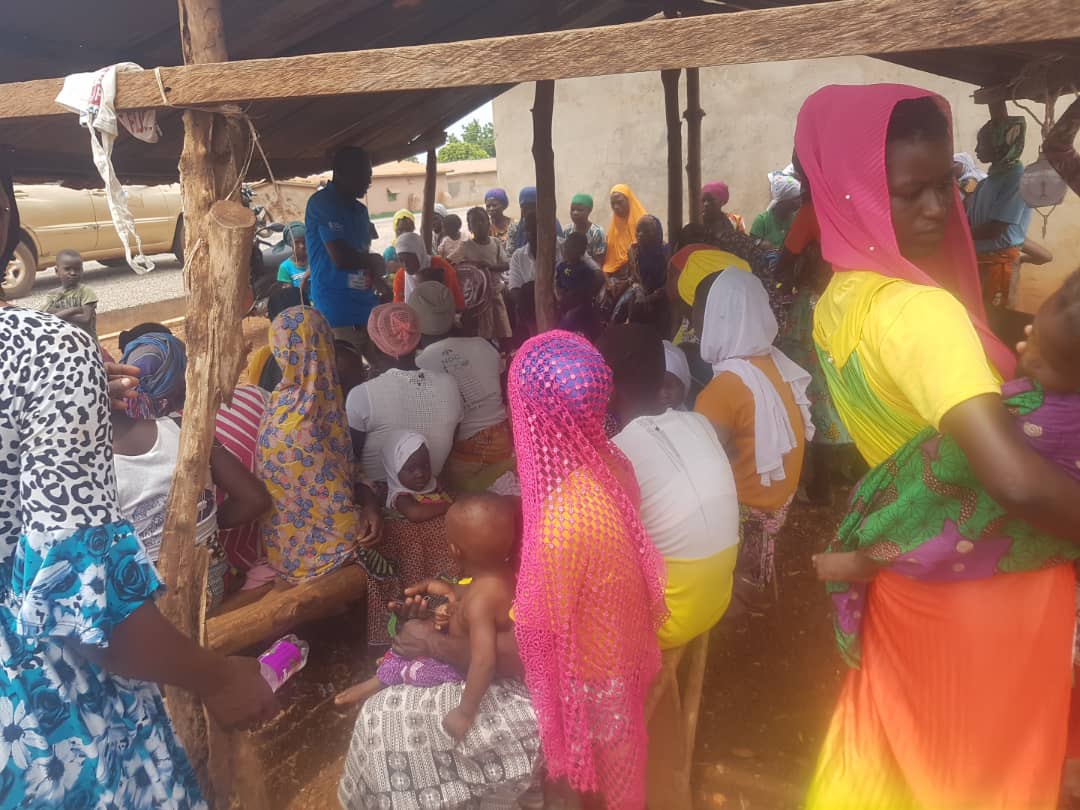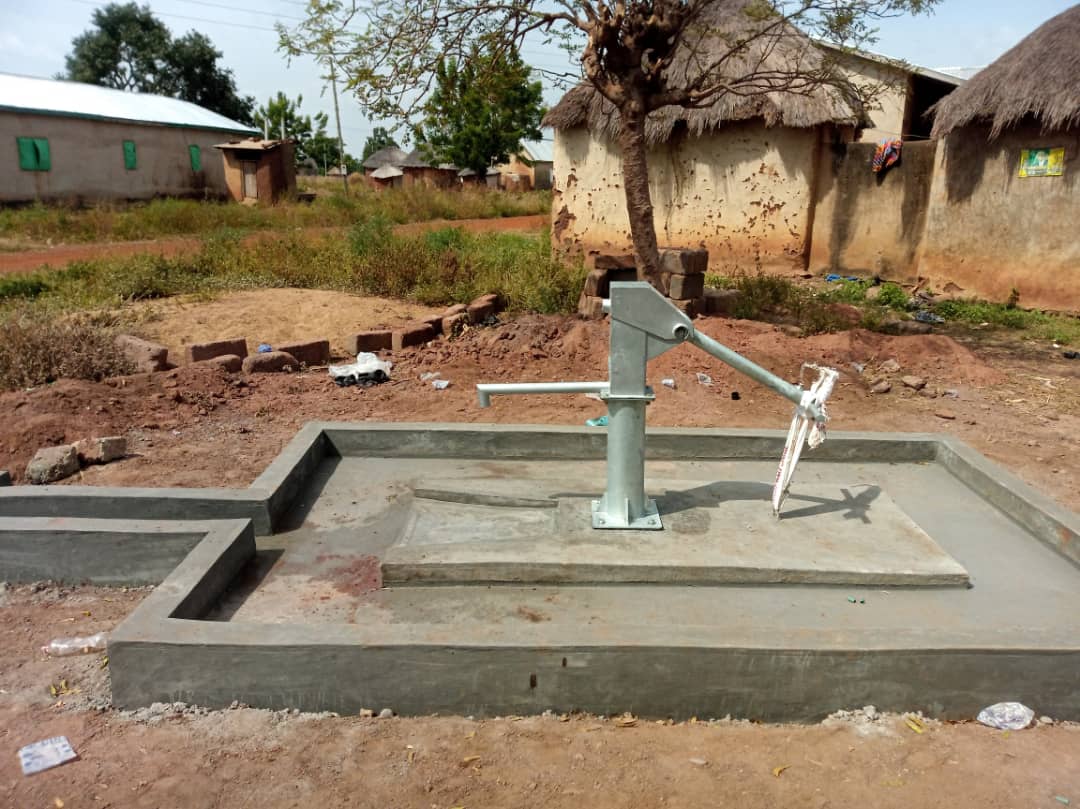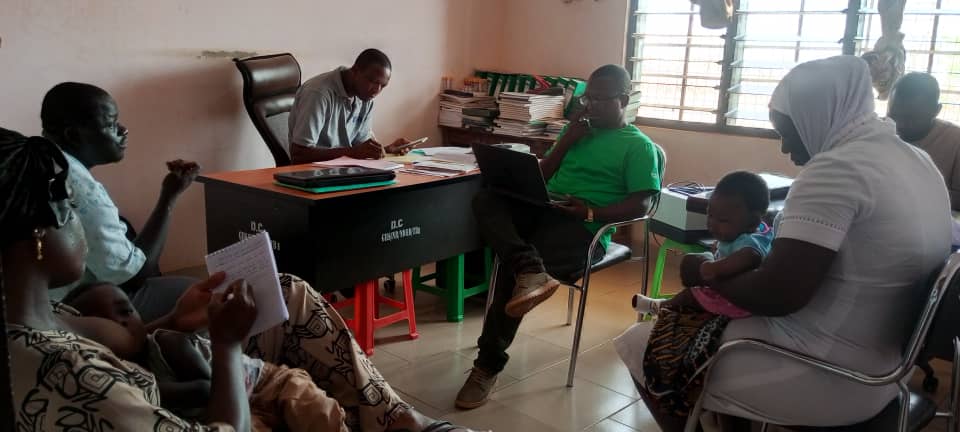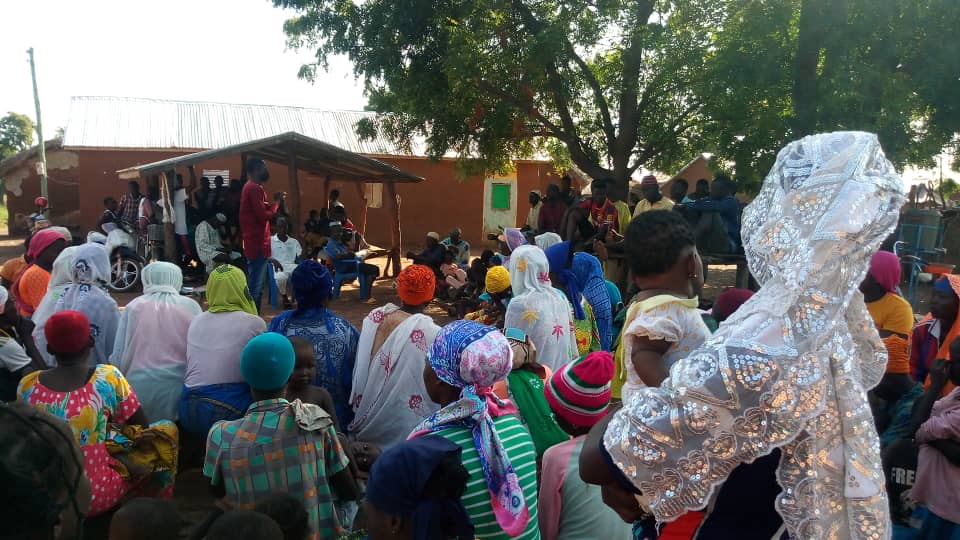CIWED Ghana, in collaboration with the Nanton District Health Directorate, actively participated in the Measles-Rubella and Vitamin A Vaccination Campaign held on the 10th of June 2024. The initiative aimed to enhance the health and immunity of children under five years of age by ensuring they received critical vaccinations and Vitamin A supplementation. This campaign aligns with CIWED Ghana’s commitment to improving maternal and child health outcomes as part of its broader strategic objectives.
The primary objectives of the campaign were to immunize children under five years against measles and rubella to prevent outbreaks of these diseases, provide Vitamin A supplementation to enhance the immune system and reduce child mortality and sensitize communities on the importance of routine immunization and child health services.
CIWED Ghana played a pivotal role in the success of the campaign by undertaking the following activities:
Organized community meetings in collaboration with local leaders to inform parents and caregivers about the campaign. Disseminated information using local radio stations and community information centers, and distributed flyers and posters in local languages to ensure effective communication.
Over 90% of the targeted children under five years in the Nanton District were vaccinated against measles and rubella and approximately 85% of children received Vitamin A supplementation, significantly boosting their nutritional status.
The Measles-Rubella and Vitamin A Vaccination Campaign in Nanton District was a significant step toward improving child health outcomes in the region. CIWED Ghana’s participation was instrumental in the campaign’s success, demonstrating the organization’s commitment to addressing maternal and child health challenges in underserved communities. Moving forward, CIWED Ghana will continue to collaborate with relevant stakeholders to ensure sustainable health interventions in the Northern Region of Ghana.

